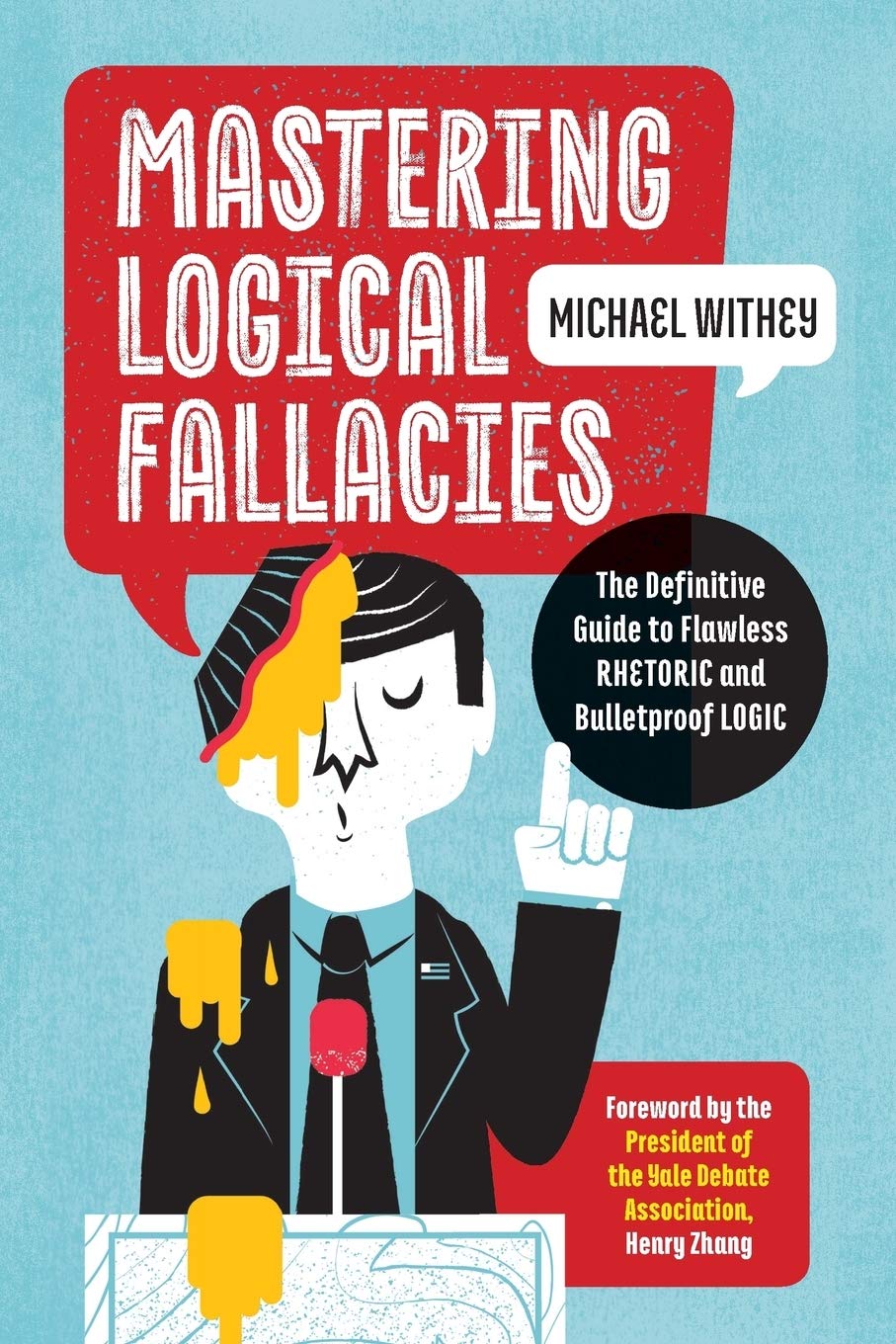
Personal Incredulity
The fallacy of personal incredulity occurs when one finds a concept difficult to understand, or simply does not fathom how it works, then they conclude that it is likely untrue.
Example of Personal Incredulity
- Irene was 89 years old, had never left the small town in Iowa where she was raised, and she had never seen a sea vessel. Though Michael had tried to describe what Navy life on the submarine would be like, she didn't believe a word was true. How could a glorified metal tube sustain the lives of many men, while submerged for months at a time?
- "It is not possible that we landed a man on the moon. How could a tiny capsule with relatively primitive computer technology travel millions of miles in space, travel through radiation, avoid space debris, land and then make the return journy unharmed?"

Books About Logical Fallacies
A few books to help you get a real handle on logical fallacies.





Personal IncredulityExtended Explanation
The Personal Incredulity Fallacy is a logical fallacy which occurs when someone dismisses a claim without providing evidence or logical reasoning to support their disbelief. This is often done because the individual finds the claim to be so unbelievable that they do not feel the need to further investigate it. It is an example of ad hoc reasoning, where an individual is attempting to disprove a claim without any reasoning or justification. This type of fallacy is often used as a means of avoiding the need to provide evidence or logical reasoning to support one’s own beliefs or opinions.
The fallacy relies on the notion that if something seems too unbelievable to be true, then it must not be true. It is an example of confirmation bias, where a person is biased in favor of their own beliefs and is more likely to accept claims that support their own views. This type of bias can lead to incorrect conclusions being drawn and can lead to false beliefs being accepted as true. The fallacy also relies on the false assumption that everything which can be imagined must be true, which is clearly not the case.
Personal incredulity is often used as a form of psychological defense mechanism, where the individual is attempting to protect themselves from accepting a claim which contradicts their own beliefs. It can also be a form of cognitive dissonance, where an individual is uncomfortable with accepting a claim which conflicts with their beliefs and is attempting to avoid the dissonance caused by accepting the claim. It is often used in debates or discussions, where one party is trying to discredit the other party’s claims without providing any evidence to support their own beliefs.
The fallacy is a type of Informal Fallacy and it is important to remember that just because something seems unbelievable does not mean that it is false. It is always important to investigate claims further and to provide evidence or logical reasoning to support any argument or position. It is also important to remember that just because an individual finds a claim to be unbelievable does not mean that it must be dismissed without further investigation. It is important to look at both sides of an argument and to consider all available evidence before making any judgement.